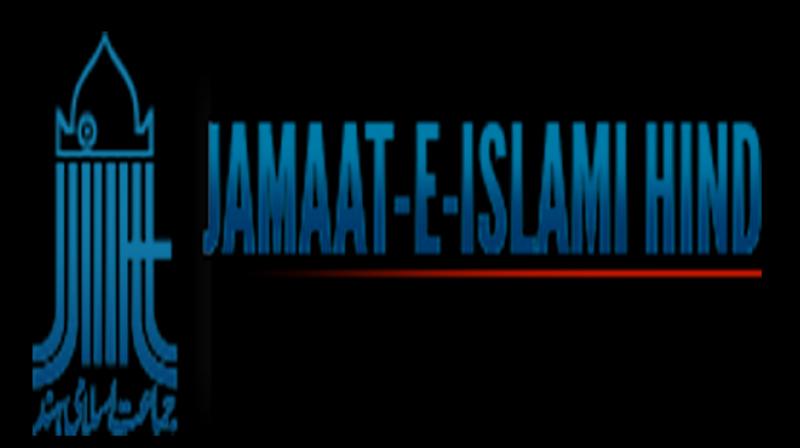Uttar Pradesh and Kashmir: Not much love lost between the two

For the first time since J&K joined India in October 1947, the plight of Kashmiris braving a lockdown and communication blockade became a talking point among UP’s Muslims. This was because of WhatsApp messages, Facebook and Twitter. Mosques and individuals pooled money for rent and other expenses of Kashmiri students in Lucknow, Allahabad, Aligarh, etc. In some cases, Muslim landlords waived rent or agreed to a deferred payment.
A common faith had not bridged the gap between the Valley’s Muslims and the rest of India, partially because Kashmiri Muslims' sense of superiority deriving from their ancestry and skin-tone. Islamic religious orders and seminaries such as Deoband and Bareli have a negligible presence in Kashmir. The Jamat-e-Islami is a separate entity in Kashmir, known for separatism, different from the Jamat-e-Islami (Hind). The Jamiat-e-Ulema (Hind), the body of Islamic clergy that supported the Narendra Modi government’s decision to revoke autonomy, seldom gets invited to Srinagar, Baramulla or other parts of J&K. Maulana Mahmood Madani, general secretary of JuH, insists that Kashmir is “an integral part of India" and consistently condemns Kashmiri separatists.
Marriages between Muslims from UP and Kashmir are rare. In an instance, a Kashmiri groom in Aligarh found awkward the ritual of bari (displaying bridal clothes, jewellery and gifts), with the ladies making caustic remarks. He could not fathom why the girl’s relatives were trying so hard to please him and the wedding party, at the expense of their own self-respect. A Lucknow boy who married a Kashmiri girl found his relatives lost when their hosts in Srinagar spoke in chaste Kashmiri. Occasionally they were asked: Aap Hindustan se aaye hain? Politically too, the distance between Srinagar and Lucknow is much more than 1,359 kilometres. Whenever towns like Meerut, Aligarh and Muzzafar-nagar saw communal disturbances, Kashmiri politicians remained silent. When Kashmiri mainstream politician Mufti Mohammad Sayeed won from Muzaffarnagar in 1989 and became Union home minister, he did not visit western UP. Sheikh Mohammad Abdullah was close friends with Jawaharlal Nehru but seldom took up the cause of Indian Muslims in the promotion of Urdu, minority status for Aligarh Muslim University, jobs and reservation etc.
Kashmir has a tehsil named after Rafi Ahmad Kidwai, a great son of UP hailing from Barabanki. Rafiabad in Baramulla was originally Hamal and renamed by Bakshi Ghulam Mohammed in the early ’60s. It wasn’t a popular decision because Kidwai was Nehru’s point man when Sheikh Abdullah was toppled and arrested in October 1953. Rafi was a hardliner who believed any concession to Kashmiris would undermine Muslims outside J&K.
There’s an anonymous Persian distich: Agar kahat ul rijal uftad, azehan uns kamgiri yake afghan, doyum kamboh, soyam badzaat kashmiri (though there is no death of men in the world, never cultivate acquaintance with the Afghan, the Kamboh and the Badzaat Kashmiri). It perhaps explains the mutual distrust between mainland Muslims and Kashmiris.

